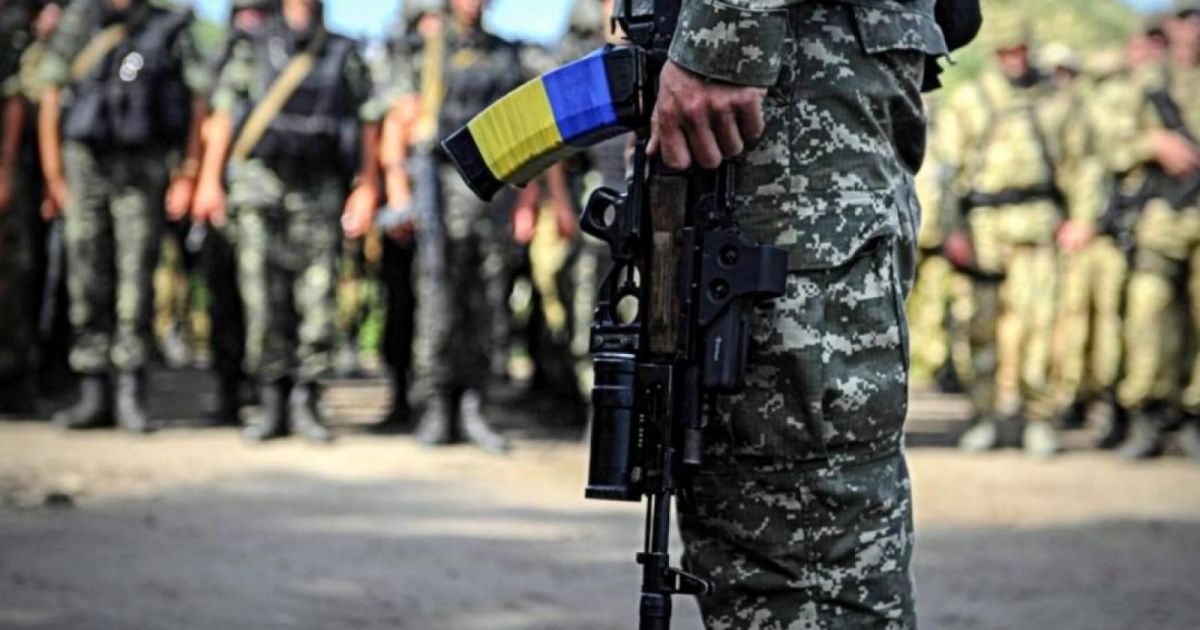Having appeared on the summons to the military commissariat, the conscript receives there a list of the necessary studies.
As a rule, this list includes general clinical examinations, X-ray or fluorography, cardiogram, age tests.
To undergo these tests, you need to contact your family doctor, or the doctor who replaces him, at any nearest primary care center.
A family doctor, a primary care doctor conducts an examination within the framework of the medical guarantee program or provides referrals for the necessary studies, for example, x-rays, measurement of sugar and cholesterol levels, general clinical blood analysis.
If necessary, provides an examination or an extract of the outpatient card.
If a mobilized person has illnesses that may prevent him from performing his military duty, he can go to see specialized specialists on the referral of his family doctor.
So that there are no conflicts during the trip to the doctor with other patients waiting in line, the doctor who issues the referral indicates that it is for the Military Commissariat, - notes the deputy director of the KNP "TsPMSD No. 2" of the city of Kyiv, Natalya Shapoval.
"If the doctor marks the referral "for the Military Commissariat" - the visit is out of the ordinary."
The list of tests and examinations that a conscript must receive in order to determine his fitness for military service is regulated by the Regulation on military medical examination in the Armed Forces of Ukraine.
According to this list, each conscript must be examined by a surgeon, therapist, neuropathologist, psychiatrist, ophthalmologist, otorhinolaryngologist, dentist, dermatologist, and, if medically indicated, by doctors of other specialties.
Analyzes and studies that must be provided by the mobilized person before the review are as follows:
general blood test,
general analysis of urine,
serological blood test for: antibodies to human immunodeficiency virus (HIV), antigen to hepatitis B virus (HBsAg), antibodies to hepatitis C virus (anti-HCV), microprecipitation reaction with cardiolipin antigen (RW),
blood group and rhesus affiliation,
fluorographic examination of chest organs,
preventive vaccinations according to the calendar of preventive vaccinations,
electrocardiographic study,
for persons over 40 years of age, intraocular pressure measurement, blood sugar test.
Read also:
What diseases are not accepted into the army: a detailed list
Pension of a participant in hostilities: how is it calculated, what is the retirement age
